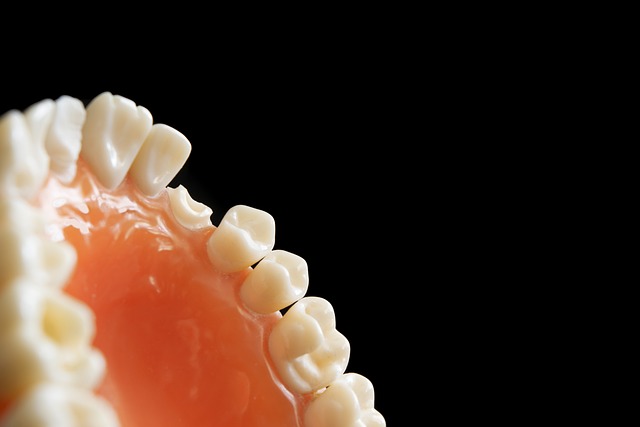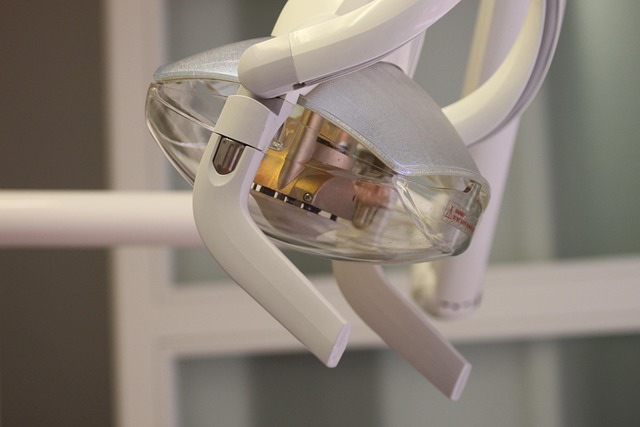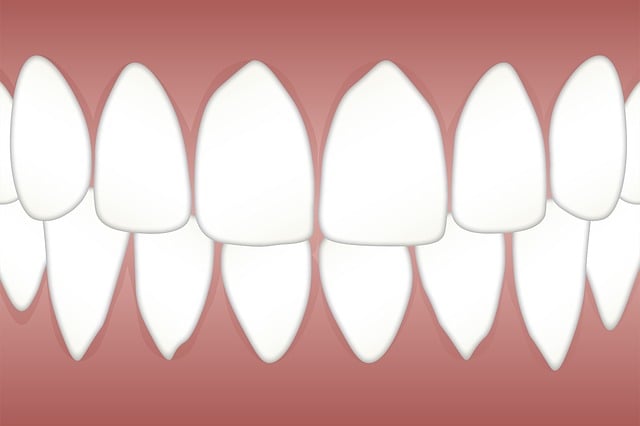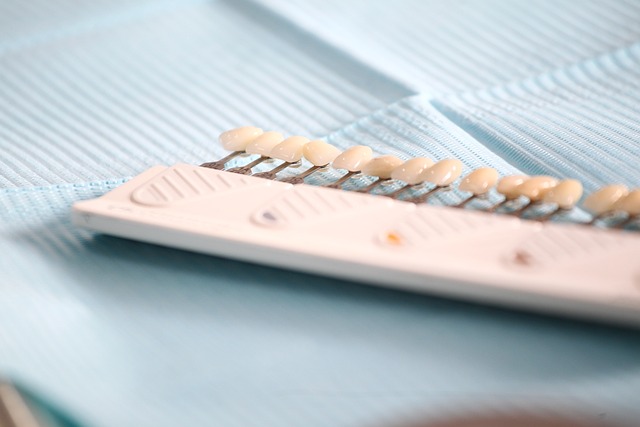Dental bridges are functional and aesthetic solutions for missing teeth, secured to surrounding healthy teeth as anchors. Designed by prosthodontists, these custom-made structures maintain facial structure, prevent adjacent tooth drift, and offer a long-lasting, low-maintenance alternative to other restorative methods. The installation process involves several steps, from tooth preparation to cementation, using materials like porcelain or ceramic for both functionality and aesthetic appeal. With proper aftercare, including regular check-ups and hygiene practices, dental bridges can last many years, restoring confidence and chewing function.
“Discover the transformative power of dental bridges in maintaining optimal oral health. This article delves into the prosthodontic solutions designed to restore your smile and improve oral function. We explore the ‘Understanding Dental Bridges’ as a non-invasive approach, highlighting its numerous benefits for long-term oral wellness. Learn about the straightforward procedure, from placement to aftercare, ensuring a successful outcome. Furthermore, we discuss maintenance tips and the durability of dental bridges, making them a reliable choice for lasting results.”
- Understanding Dental Bridges: A Prosthodontic Approach
- Benefits of Choosing Dental Bridges for Oral Health
- The Procedure: Placement and Aftercare
- Long-Term Solutions: Maintenance and Durability
Understanding Dental Bridges: A Prosthodontic Approach

Dental bridges are a common prosthodontic solution used to replace missing teeth, offering both functional and aesthetic benefits. This advanced approach involves crafting a custom-made bridge that spans the gap left by one or more absent teeth. The bridge is securely attached to surrounding healthy teeth, known as anchors, providing a stable and lifelong replacement.
Prosthodontists, specialists in dental restoration, play a pivotal role in designing and fitting these bridges. They ensure precise measurements, a natural look, and comfortable fit. Dental bridges not only restore oral function but also maintain facial structure, prevent adjacent teeth from drifting out of position, and preserve overall oral health.
Benefits of Choosing Dental Bridges for Oral Health

Dental bridges offer several significant advantages for maintaining optimal oral health, especially when dealing with missing teeth. One of their primary benefits is restoring the natural appearance and function of a smile. By connecting a prosthetic tooth to surrounding dental structures, bridges mimic the look and feel of real teeth, enhancing aesthetics and confidence. This is particularly beneficial for individuals concerned about their smile’s aesthetic appeal.
Moreover, dental bridges provide exceptional structural support. They distribute bite forces evenly across the entire arch, preventing adjacent teeth from shifting into the empty spaces left by missing teeth. This maintains the natural alignment and balance of the jaw, ensuring comfortable chewing and speaking abilities. Dental bridges are a long-lasting solution, offering relief from the constant need for adjustments or replacements often associated with other restorative options.
The Procedure: Placement and Aftercare

The procedure for placing dental bridges involves a precise, multi-step process aimed at restoring oral function and aesthetics. First, the dentist prepares the surrounding teeth by shaping them to accommodate the bridge. This step ensures a secure fit. Then, impressions of the jaw are taken to create a custom-fitted bridge that matches the patient’s unique dentition. Crafted from durable materials like porcelain or ceramic, the bridge is designed to look natural and blend seamlessly with existing teeth.
Once the bridge is crafted, the dentist checks its fit and alignment. If everything is in order, the bridge is permanently cemented into place, effectively replacing missing teeth. Aftercare involves meticulous oral hygiene practices, including brushing and flossing around the bridge to maintain optimal health for both the prosthesis and adjacent teeth. Regular dental check-ups are also crucial to monitor the bridge’s integrity and overall oral well-being.
Long-Term Solutions: Maintenance and Durability

Prosthodontic solutions, such as dental bridges, offer long-term oral health benefits when properly maintained. Regular check-ups and thorough cleaning are crucial to ensure these structures remain durable and functional. By adhering to a consistent oral hygiene routine, patients can extend the lifespan of their prosthodontic restorations, preventing early deterioration or failure.
Focusing on preventive care is key; this includes addressing any signs of damage or wear promptly. With proper maintenance, dental bridges can last for many years, providing patients with restored confidence and improved chewing function. Regular monitoring by a qualified prosthodontist allows for early detection of potential issues, ensuring optimal performance and longevity of these advanced oral health solutions.






